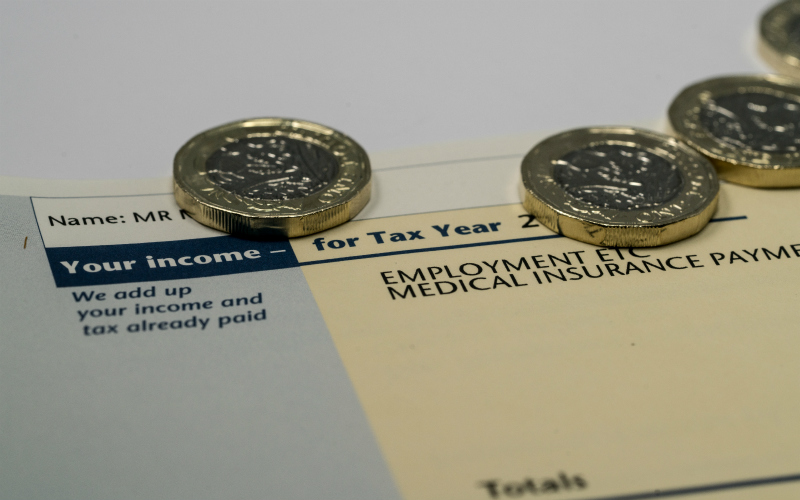
The minimum wage for agricultural workers in Scotland can be different to the minimum wage payable in other jobs as their wages are governed by the Scottish Agricultural Wages Board (SWAB). SWAB meets twice a year in order to determine the minimum gross wages that are payable to those who work in the agricultural industry.
This year, SWAB has proposed an increase in minimum wages for agricultural workers to take effect from 1 April 2019 and employers of agricultural workers should be ready to implement the increased rates from this date as follows:
|
|
Current Rate |
From 1 April 2019 |
|
Minimum rate of pay1 |
£7.83 per hour |
£8.21 per hour |
|
Additional sum for qualification in agricultural or production horticulture2 |
+£1.20 per hour |
+£1.25 per hour |
|
Modern Apprentices3 |
£5.00 per hour |
£5.30 per hour |
|
Dog allowance (payable per dog, per week up to a maximum of 4 dogs)4 |
£6.00 per week per dog |
£6.24 per week per dog |
|
Off-set for accommodation (other than a house) |
£7.00 per day |
£7.55 per day |
Notes:
- No matter what type of agricultural work is carried out, this minimum rate applies equally to full time workers, part time workers, students, workers on piece work etc. An employer can pay more than the minimum agricultural wage if they wish but cannot pay any less.
- Workers who hold a qualification in agricultural or production horticulture will be entitled to be paid an additional sum of at least £1.25 per hour on top of the minimum wage of £8.21 per hour.
- The current lower hourly rate paid to workers who have agreed, as part of the terms of their contract of employment, to study an SCQF Level 4 and/or SCQF Level 5 Modern Apprenticeship in Agriculture or equivalent qualification will increase to £5.30. SWAB has also recognised that, in total, the combined qualification may take 18 months to complete and this has been reflected by extending the apprentice hourly rate to cover the 18 month period (previously 12 months). After 18 months, the worker will be entitled to the minimum rate of pay.
- If it is necessary for a worker to keep and feed a dog (or dogs) to enable them to do their job, then they must be paid a dog allowance, up to a maximum of 4 dogs. This sum is non-taxable.
For further information and advice, please contact the Employment Law Team.
